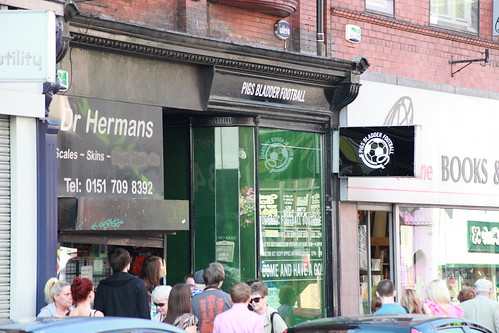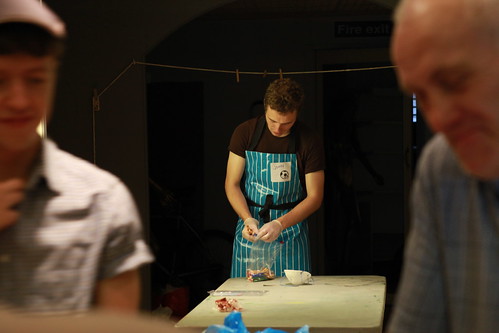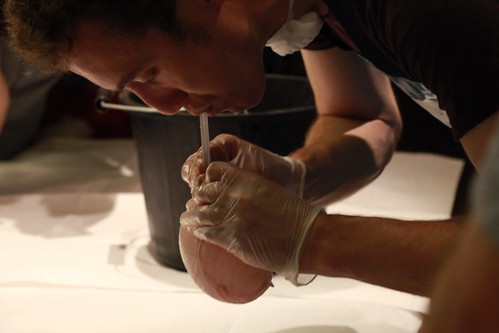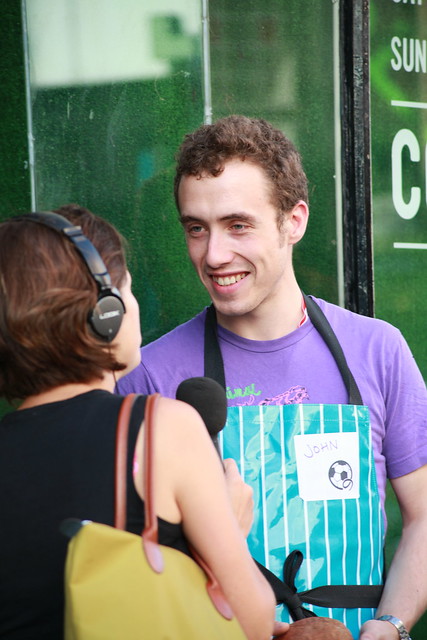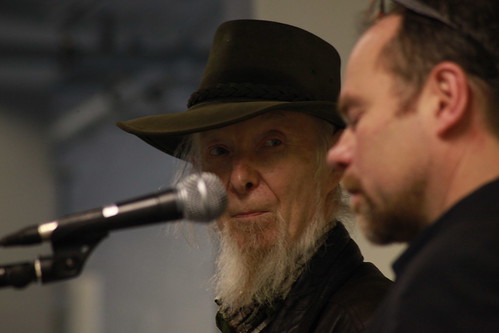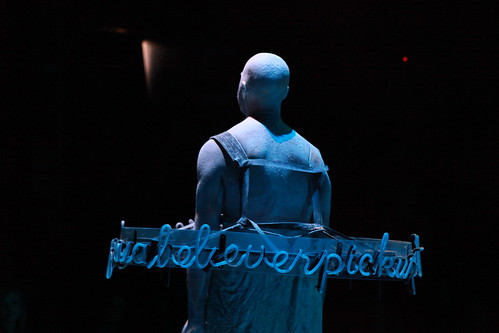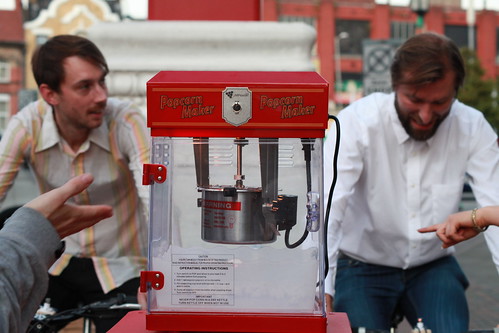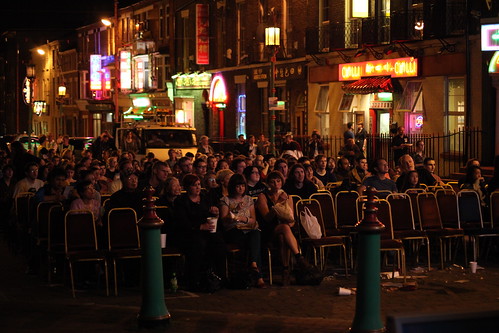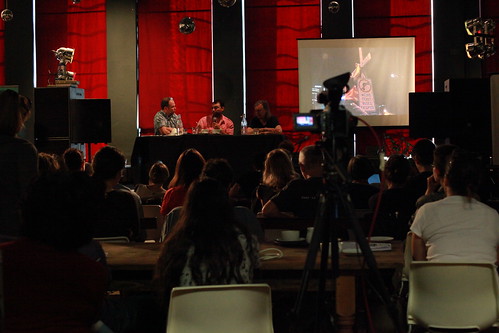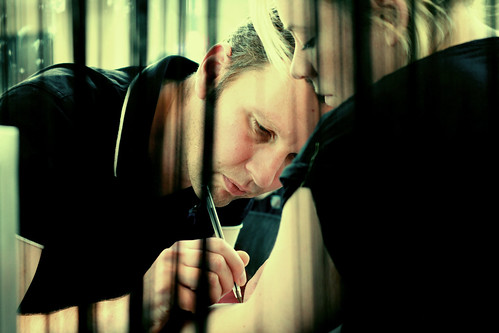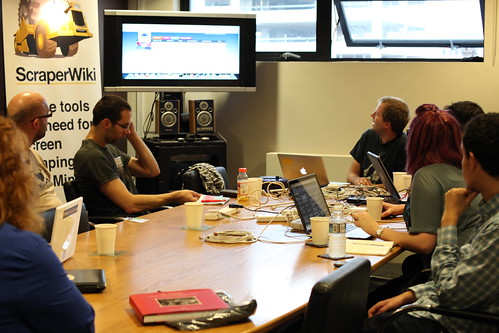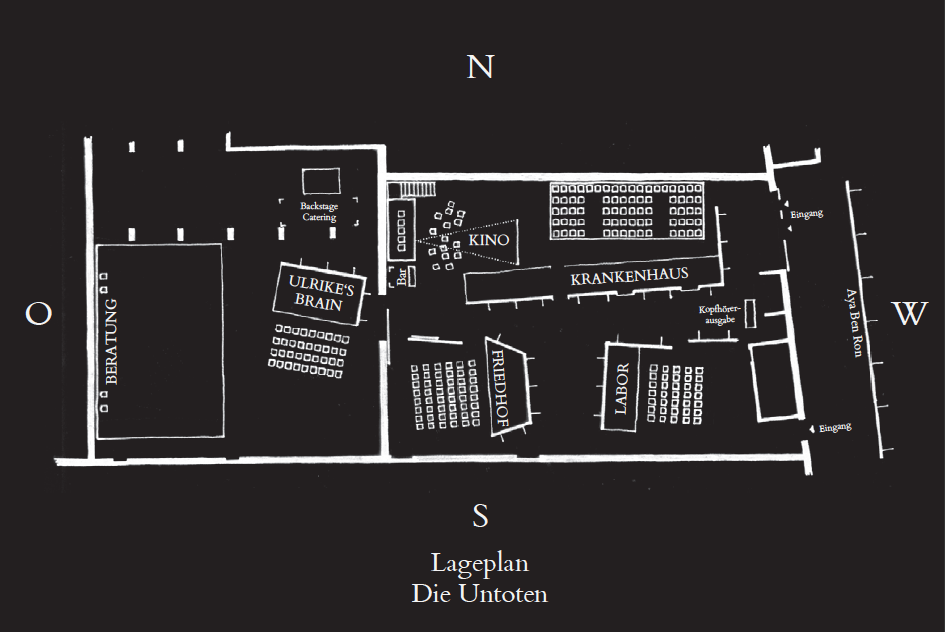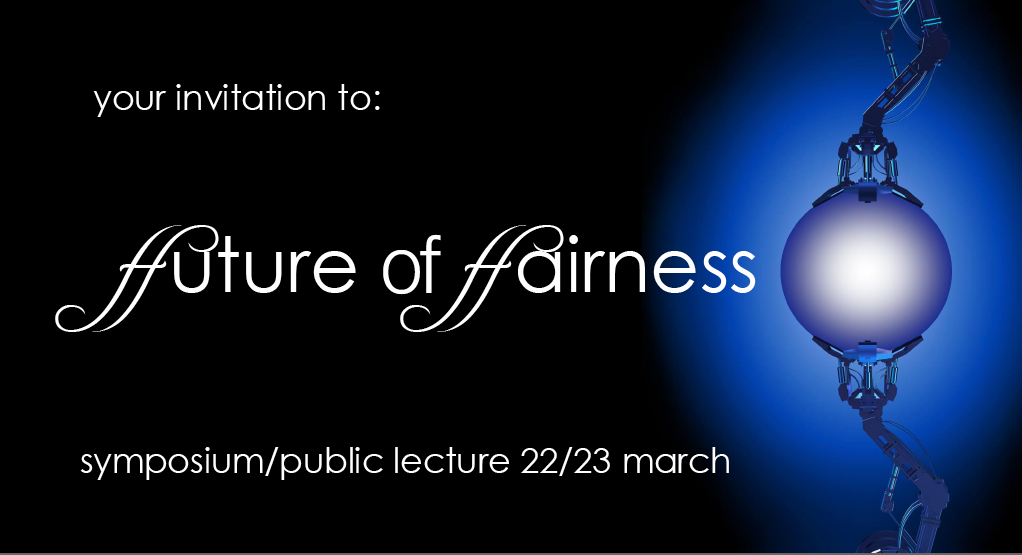 This week, I jet off to New Zealand as part of a Visiting Fellowship at University of Otago Law Department and Genetics Department. The visit will focus on the Future of Fairness inaugural event for Dr Colin Gavaghan's newly formed Centre for Law and Policy in Emerging Technologies. Over the duration of the trip, I will give a number of public lectures, details of which are below.
This week, I jet off to New Zealand as part of a Visiting Fellowship at University of Otago Law Department and Genetics Department. The visit will focus on the Future of Fairness inaugural event for Dr Colin Gavaghan's newly formed Centre for Law and Policy in Emerging Technologies. Over the duration of the trip, I will give a number of public lectures, details of which are below.
Weds 16 March
Otago Uni, Philosophy Dept
Is Transhumanism All Too Transhuman?
Transhumanist thought has risen in popularity over the last decade, claiming its territory as a distinct philosophical perspective. Contributors to this literature have informed studies of bioethics, philosophy of technology and environmental ethics. This talk will outline the core philosophical commitments of transhumanist thought and discuss their uniqueness, coherence and value, as a set of moral philosophical propositions about the worth of humanity.
Friday 18 Mar
Otago Uni, Media School (Erika Pearson)
Social Media & Pornography:
Are You Interested in Stranger Chat & Facebook Porn?
In the late 1990s, cybercultural studies research centered on freedom of expression, notably drawing attention to how sexuality and gender identity were the loci of online emancipation. Web Studies, in the early 2000s, refined our understanding of these processes, revealing that, rather than being absent online, our physical markers were increasingly visible in cyberspace and an important part of how people negotiated identity online. Central to this was the rise of pornography and a range of sexual and erotic encounters online, which became a core part of the digital landscape. This lecture considers these processes in the context of the 2010s, the social media era, arguing the locations of X-rated content online are becoming more ubiquitous and more mainstream than has previously been the case.
Monday 21 March
Otago Uni, Bioethics Centre (Lynley Anderson)
Bioart as Bioethics
Over the last decade, such artists as Stelarc, Orlan and Eduardo Kac have led the growth of bioart, a contested concept defined by the use of biologically living matter within art installations and artifacts. Increasingly, this work finds itself intimately connected to bioethical debates, but how should we regard the creation of bioart? Should it be subjected to the same regulations as experimental science, or should artists be given special freedoms to create synthetic biology, as they see fit? Alternatively, how ought we to read bioart, as either a defiant renegotiation of knowledge territories, or as a series of aesthetic or ethical propositions?
Tuesday 22, opening keynote
Otago Uni, The Future of Fairness (Colin)
Life isn’t fair, but should it be?
What kind of fairness do we seek for our societies? Is equality of opportunity enough to satisfy our pursuit of justice, or would we prefer it if goods were evenly distributed across the population? How will this balance be affected in the future, where we might use technology to genetically engineer a person to be a great athlete, or an extraordinary musician? Would this make our society more or less fair? Would the absence of the genetic lottery mean that people are more likely to get what they deserve, rather than just what was afforded to them because of good or bad luck? This talk will consider what is at stake when we move from chance to choice in our pursuit of justice.
Tuesday 22, evening public lecture
Genetically Modified Athletes:
Is this the end of sport?
In 2001, athletes were beginning to contact genetic scientists to enroll into their gene transfer clinical trials. While the science of gene therapy was still very undeveloped, this signaled a shift in how athletes would enhance their performance in the future and the world of sport reacted by banning gene doping in 2003. One decade on from those initial inquiries, what has become of the genetically modified athlete? How might these new kinds of individual fit within elite sport, or will their birth bring about the end of sport as we know it?
Friday 25 Mar
Wanaka, Science Series
Humanity 2.0
The pursuit of science, technology and medicine lead humanity towards a posthuman state, where aging is regarded as a disease to be cured and where the value of natural biological state is replaced by the commitment to enhance our resilience to the environmental stress of life and even go beyond the upper limit of human capabilities. While, countless science fiction stories warn us of the dangers with ‘playing God’ and tampering with nature, can we expect these transformations to improve humanity in the long term? After all, if we regard them to be a natural part of our evolution, then we may argue that they are not only inevitable, they also morally required.
Tuesday 11 April TBC
Canterbury University, Media School
The Role of Social Media in Disaster Zones:
When it matters most to us, which media prevails?
The recent human tragedy of the Christchurch earthquake focuses our attention on the media’s role in an emergency – as information provider, mediator of perspectives, and vehicle of collective grief. This role has now become part of a larger cycle of content that emerges from citizen journalists, who report content on such platforms as Facebook, Twitter and Flickr. This lecture will consider what social media contributes in an emergency situation? Does it provide a role that is essential or different from traditional media forms? Do we still require broadcasters in an era when spontaneous citizen journalism communities spring up to deliver on the ground reports with precision and insight? This lecture will consider the complex convergence of new media around human disasters arguing that the personalization of news within social media affords it a degree of authenticity and respect that is not possible to achieve with a broadcast model.
Biography
Professor Andy Miah is Chair of Ethics and Emerging Technologies and Director of the Creative Futures Research Centre at the University of the West of Scotland. A prolific cultural commentator and philosopher, he commences a lecture tour as a visiting Scholar at University of Otago, during which time he will give a number of public talks on such subjects as the use of social media in disaster zones, the emergence of bioart, the future of fairness, and the rise of the genetically modified athlete. He is also a social media advocate and, as a photo anthropologist, has been published in a range of books and magazines.
www.andymiah.net


